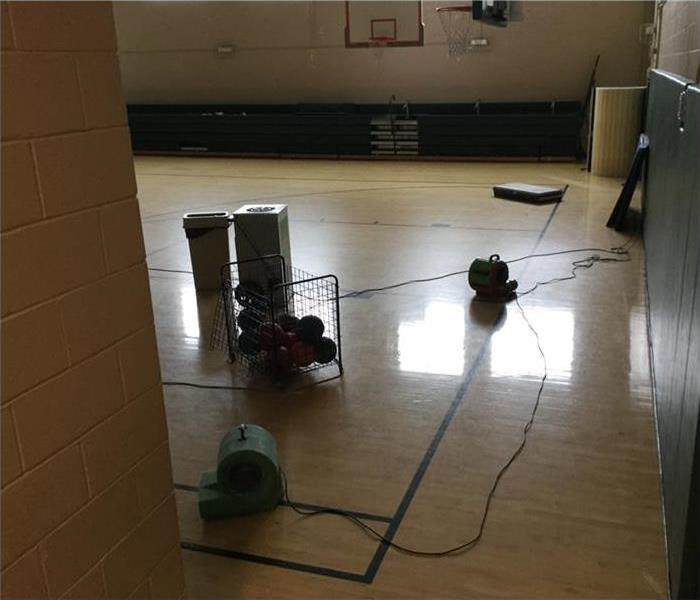Preparing Your Commercial Building for a Flood
4/20/2021 (Permalink)
Flood Prevention Techniques
If your business in Langhorne, PA, is located in or near a high flood zone, flood insurance is a must. Flood insurance is available through the National Flood Insurance Program (NFIP) and can be added to your commercial building insurance plan. There are some flood prevention techniques you should also consider to reduce the risk of flooding.
1. Determine Your Base Flood Elevation
This calculation, known as the BFE, determines if your lowest floor is above or below the acceptable flood level. If it is below acceptable levels consider elevating the building at least 3 feet above the BFE, if possible. Contact your county's floodplain administrator for details in determining your BFE.
2. Install Flood-Resistant Materials
Use materials that are flood-resistant wherever possible. Water-resistant wall coverings, flooring and wall insulation will reduce the risk of water damage. Most of these materials can handle contact with water for about 72 hours before extensive damage occurs.
3. Utilize Dry Floodproofing Techniques
Flood prevention techniques, such as dry floodproofing, help to make your building watertight and keep floodwaters from invading your building.
Water-resistant shields should be placed over doors and windows located at or below the BFE. Water-absorbent sandbags, plastic tarps and sheeting should be placed in strategic areas around the building before the storm hits. These devices help to stave off shallow floodwaters.
Permanent swing flood doors or temporary flood gates can be installed to prevent deeper water from entering your building.
4. Invest in Backup Electrical Power
Consider purchasing backup power for your mechanical equipment and air conditioning system. Humidifiers and blowers help dry out materials quickly. If you find yourself in need of flood cleaning after a storm, however, don't attempt to tackle the problem yourself. Contact a water restoration service as soon as possible.
By implementing some smart flood prevention techniques, you can reduce the risk of severe damage to your building.






 24/7 Emergency Service
24/7 Emergency Service